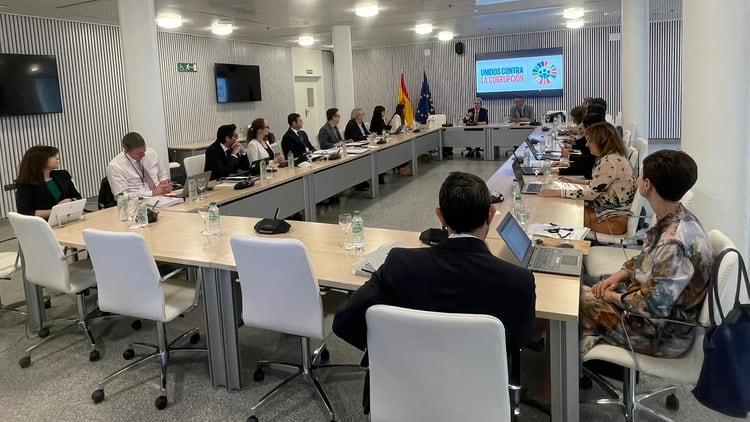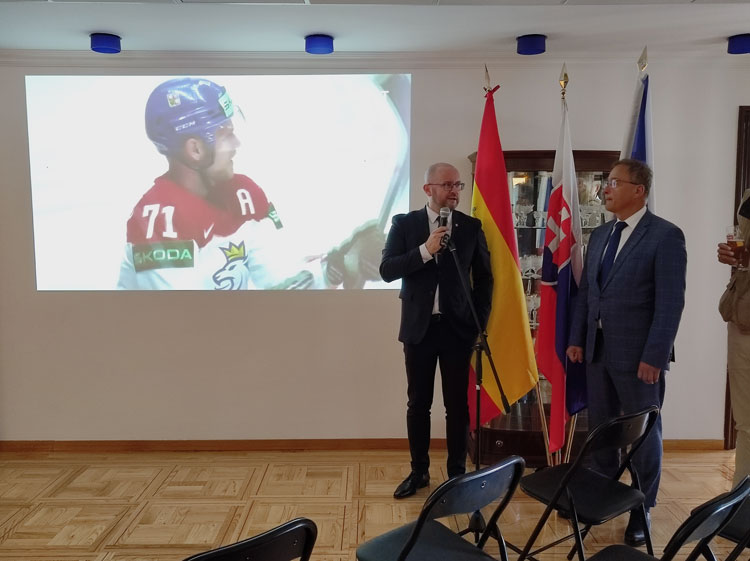The Diplomat
A delegation from the United Nations Convention against Corruption carried out an assessment mission to Spain this week, culminating a process that began two years ago.
The delegation, which was made up of officials from the Secretariat of the Convention and representatives of two of the member countries –Ireland and Chile– has had contacts in Spain with the Ministries of Justice, Finance and Public Administration, Interior, Economic Affairs and Digital Transformation. They have also met with the General Council of the Judiciary, the Attorney General’s Office, the Court of Auditors, the Council for Transparency and Good Governance and several civil society organisations.
The United Nations Convention against Corruption is one of the most important agreements in the global fight against corruption. It was adopted in 2003 by the UN General Assembly and establishes a global legal framework to prevent, detect and punish corruption, and to promote international cooperation in the fight against this scourge.
Spain joined the Convention from the outset and ratified it in 2006. Since its adoption, more than 180 countries have ratified it and have implemented measures to prevent and combat corruption.
One of the main characteristics of the Convention is that it is a binding instrument of international law. This means that ratifying countries are obliged to implement its provisions in their national legal systems.
The Convention sets out a number of measures to prevent and combat corruption, including: the adoption of effective measures to prevent bribery in the public and private sector; the establishment of standards for information exchange and international cooperation; the recovery of stolen assets and confiscation of property; and the promotion of transparency and accountability.
The Convention also recognises the importance of the participation of civil society and the private sector in the fight against corruption.
In addition, the Convention establishes a monitoring mechanism to assess countries’ progress in implementing its provisions. This mechanism allows countries to exchange good practices, identify common challenges and receive technical assistance to improve their anti-corruption systems.
The UN Convention against Corruption has had a significant impact on the fight against corruption around the world. It has been used in a variety of cases, from prosecuting corrupt public officials to recovering stolen assets and promoting transparency in the private sector.






